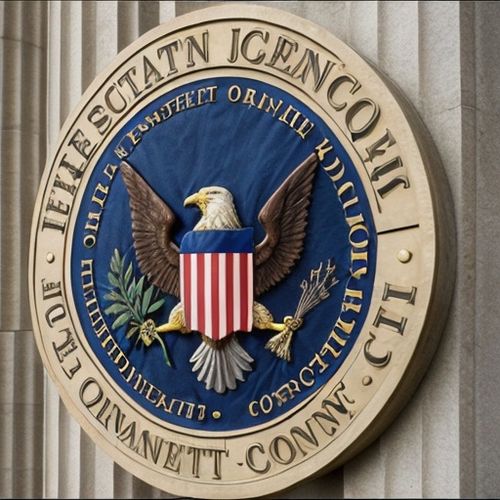For high-net-worth families, the question of wealth preservation and succession planning is not merely a financial consideration—it’s a legacy. The tools available to facilitate this transition, particularly trusts and estate planning, are as diverse as the families themselves. Each option carries its own nuances, benefits, and complexities, making the choice between them anything but straightforward. The decision often hinges on a delicate balance of control, tax efficiency, and the long-term vision for the family’s wealth.
Trusts have long been a cornerstone of wealth management for affluent families. Unlike wills, which only take effect after death, trusts can be structured to provide immediate benefits while maintaining a level of discretion and protection. A well-drafted trust allows families to dictate how and when assets are distributed, shielding beneficiaries from potential creditors, divorces, or even their own financial inexperience. The flexibility of trusts is one of their greatest strengths—whether it’s a revocable living trust for seamless asset transfer or an irrevocable trust for tax advantages, the options are vast and adaptable to specific needs.
Estate planning, on the other hand, encompasses a broader strategy that often includes trusts but also extends to wills, powers of attorney, and healthcare directives. While trusts excel in avoiding probate and maintaining privacy, a comprehensive estate plan ensures that all aspects of an individual’s wishes are legally documented. For families with international ties or complex asset structures, estate planning becomes even more critical. Cross-border holdings, multiple properties, and business interests require meticulous coordination to prevent legal disputes or unintended tax consequences.
One of the most compelling advantages of trusts is their ability to mitigate estate taxes, a concern that looms large for high-net-worth individuals. By placing assets into certain types of trusts, families can effectively reduce the taxable value of their estate, preserving more wealth for future generations. Dynasty trusts, for example, are designed to last for multiple generations, offering both tax benefits and long-term asset protection. However, these structures are not without their drawbacks—irrevocable trusts, once established, typically cannot be altered, requiring families to commit to a fixed strategy.
Estate planning, while sometimes perceived as a more rigid approach, provides clarity and legal enforceability that can prevent familial discord. A well-crafted will can specify exact distributions, appoint guardians for minor children, and even outline philanthropic intentions. Yet, the probate process—often lengthy and public—can be a significant downside. Families who prioritize privacy and efficiency may find that combining a will with a trust offers the best of both worlds, ensuring that some assets bypass probate entirely while still addressing all contingencies.
The emotional dimension of wealth transfer cannot be overlooked. Families must navigate not only the technicalities of these tools but also the interpersonal dynamics that come with significant wealth. Open communication about intentions and expectations can prevent misunderstandings and conflicts down the line. Trusts, with their ability to stagger distributions or impose conditions, can be particularly useful in managing the expectations of heirs, ensuring that wealth is both protected and responsibly utilized.
Ultimately, the choice between trusts and estate planning—or more commonly, a combination of both—depends on the unique circumstances of each family. There is no one-size-fits-all solution, and the most effective strategies often evolve over time as laws change and family dynamics shift. Consulting with experienced legal and financial advisors is essential to crafting a plan that aligns with both immediate objectives and long-term legacy goals. For high-net-worth families, the right tools don’t just preserve wealth—they safeguard a vision for the future.

By Benjamin Evans/Apr 24, 2025

By Olivia Reed/Apr 24, 2025

By David Anderson/Apr 24, 2025

By David Anderson/Apr 24, 2025

By Amanda Phillips/Apr 24, 2025

By Emily Johnson/Apr 24, 2025

By Sarah Davis/Apr 24, 2025

By Jessica Lee/Apr 24, 2025

By John Smith/Apr 24, 2025

By Grace Cox/Apr 24, 2025

By Olivia Reed/Apr 24, 2025

By Lily Simpson/Apr 24, 2025

By Noah Bell/Apr 24, 2025

By Megan Clark/Apr 24, 2025

By Noah Bell/Apr 24, 2025

By George Bailey/Apr 24, 2025

By George Bailey/Apr 24, 2025

By Natalie Campbell/Apr 24, 2025

By Daniel Scott/Apr 24, 2025

By Benjamin Evans/Apr 24, 2025